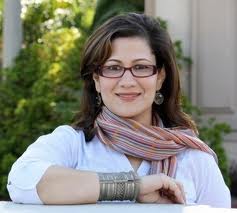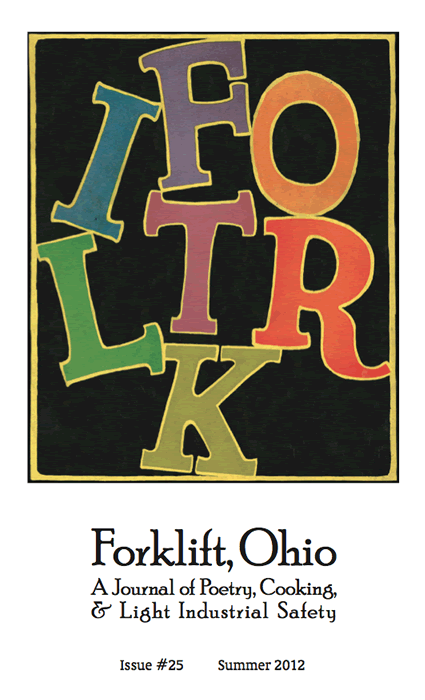Fred Arroyo (fiction, ’97): Fred’s book Western Avenue and Other Fictions (2012, University of Arizona Press) has been nominated for The Story Prize, an annual book award honoring the author of an outstanding collection of short fiction with a $20,000 cash award. He recently gave an interview for the Prize’s blog:
(2012, University of Arizona Press) has been nominated for The Story Prize, an annual book award honoring the author of an outstanding collection of short fiction with a $20,000 cash award. He recently gave an interview for the Prize’s blog:
Fred Arroyo Finds Stories in the Land
I find inspiration in the memories that are sources of what I wrote a moment ago. Writing is still exciting, inspiring, and it makes me confront my real losses and imaginary gains.
My greatest inspiration is probably the land. I’m convinced stories are in the land, they exist within a place, and part of what I must do is listen closely to them. The lived, storied earth is more central to me than an idea or an aesthetic aspiration, as are the people who live and work the land. For some reason certain characters and peoples continue to turn to me, speak to me, and I try to tell their stories. In my fiction, I write of peoples rooted in a physical world—workers living, dreaming, and struggling in their place, even if they are often forced to migrate or question their place because of larger social pressures, or say the presence of Immigration and Customs Enforcement. These are peoples I admire greatly, even though I know they are often overlooked, and when they are recognized they are more than likely seen as not belonging, or failures. Their stories inspire me to move toward new emotional borders or regions, where fiction has the power to eliminate borders and entangle us in the drama of the human heart.
I don’t feel obliged or responsible in these matters. The land itself has stories that inspire the telling of them.
..[Keep Reading]…


(2012, Poetic Matrix).










